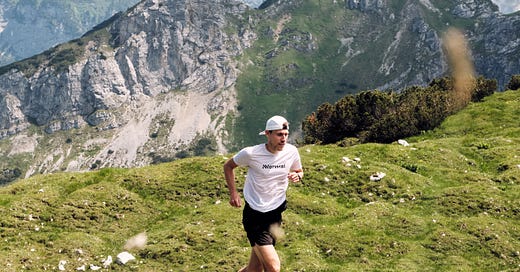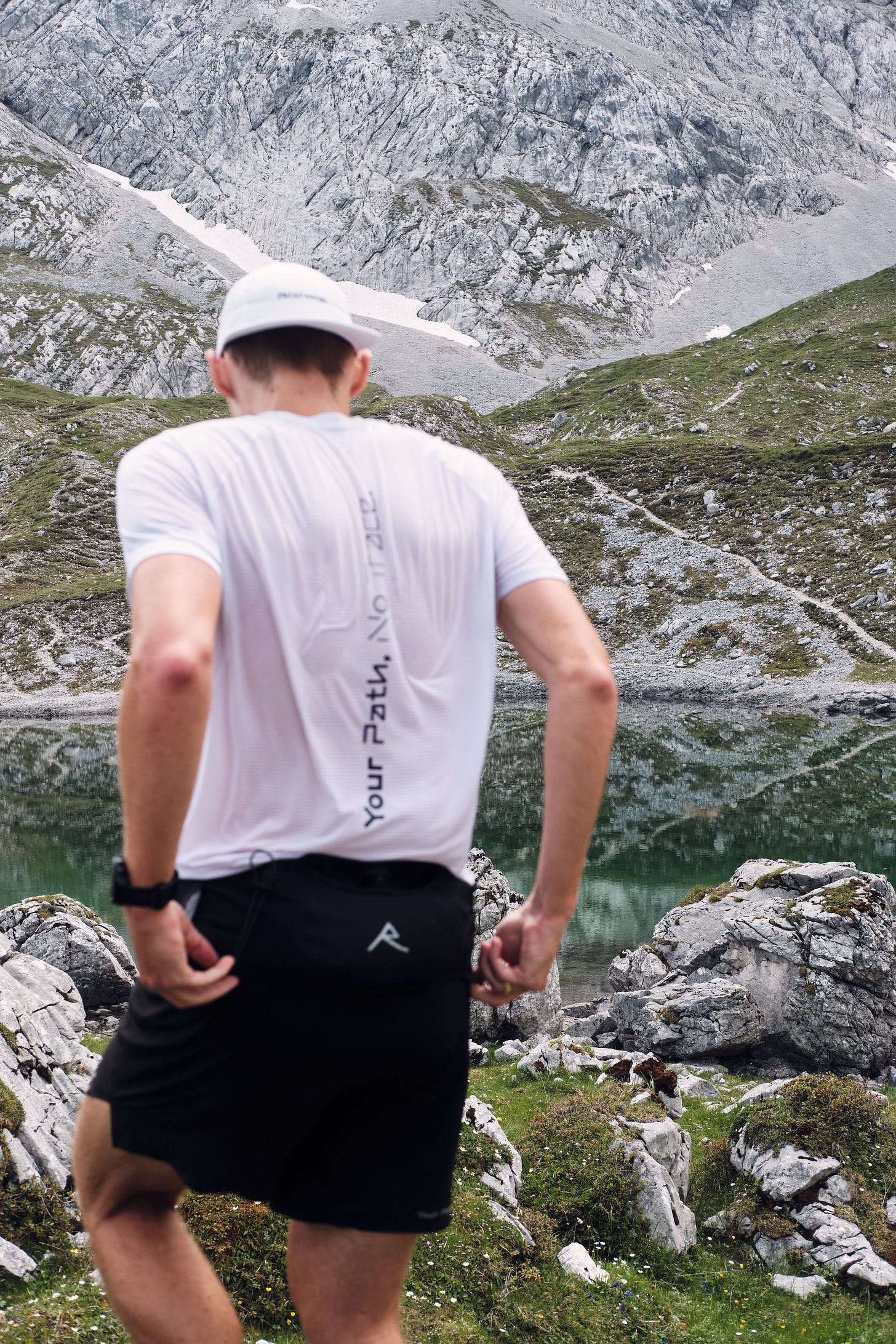If there is one thing that could be said about the training landscape then it’s that there are too many opinions (mine included).
At the top end of endurance sports, science tries to get out the last 0.005% of the peak performers. There will always be new fancy training methods (looking at you heat training, or double threshold) that come out of that.
What is new and shiny always holds the potential to forget the fundamentals, though.
"You can have all the physical ability in the world, but you still have to know the fundamentals." - Michael Jordan.
I for myself happen to fall into that trap from time to time. Once I learn something new and exciting about exercise physiology, how I could optimise my training or a new recovery modality, I’m intrigued. I want to incorporate it into my training.
But to be honest, my training week is already pretty full, which means that something has to give. And often it’s something fundamental that I ignore for a while.
So long until I realise that those fundamentals are the driver of consistency.
During the past few days, I realised that I need a stronger focus on the fundamentals. It came to mind because I came out of last week's race with a small post-race depression. I didn’t realise until Tuesday but I had a huge emotional low.
Looking at it from the outside, my race was well executed. My inner world looked different. I was disappointed. I know I haven’t raced up to my potential. Not near my limit.
I allowed this feeling to linger. I watched it closely and asked myself why I cared so much. And no answer came. But what started to surface is an inner drive. One that wants to train well.
To focus on the fundamentals.
Slowing Down
What often intervenes with training well, is a sense of not having enough time. I have a race on the calendar, or summer is approaching and I want to spend endless hours outside.
There is an urgency that seems to block logical thinking.
Suddenly I jump head-first into fast intervals.
I increase volume drastically.
I skip strength and mobility work in favour of a second run.
I do stupid things that I wouldn’t write into anyone's training plan. The curse of a self-coached athlete.
So here is my principle number one: Slow down.
Two years ago I trained for my first 70k. I had a long build-up during winter. I added intensity gradually. I focused on strength weekly. I had a mobility routine that kept my weak spots in check. I cycled through all intensity zones during the months leading up to the race.
Today I would say that was the best training phase in my running life till today. I focused on the fundamentals.
Most importantly I did it with time. Without urgency.
I increased volume only when my body and mind (often overlooked) had adapted to the current load.
The intensity I added throughout the week was rather on the low end than pushing me over the edge all the time.
Long runs were long but not excessively. I ran one training run over 40k a few weeks before the race. Every other long run was in the low 30s.
I ran with my body, not against it. And it showed. I only had minor niggles on 10+ hours of running per week for months.
Fundamentals are Boring – You Need to Master Them
It’s pretty simple. Get good at doing boring things. Over and over again.
It’s boring to only raise volume once you feel like you aren’t getting better anymore. But it’s the best way to reduce injury risk and run with joy (at least in my opinion).
It’s also boring to learn to run with proper form (which honestly is a lifelong endeavour it feels like). You might do simple drills. You might do specific technique training.
It’s super boring to do strength work in the gym when you could also be running up your local trail.
Fundamentals aren’t flashy. They are small pieces of a big puzzle. They get you 95% of the way. The last 5%? That might be heat training or super hard training sessions. But they are only the icing on the cake. I would argue that you can get pretty pretty good by executing fundamentals 100%.
I for sure know what I will focus on more again. Slow progressions. Strength work. Proper intensity. Running economy. But also fun!
Looking years ahead and not months.
Giving myself space to improve with calm instead of chasing short-term wins that never last.








We are focusing on the marginal gains instead of fundamentals. Fundamentals make up for the 99% or as you mentioned 95% and after that one should focus on the other things.
Great read Max! I share many of these same thoughts. It’s the boring basics that win in the end.